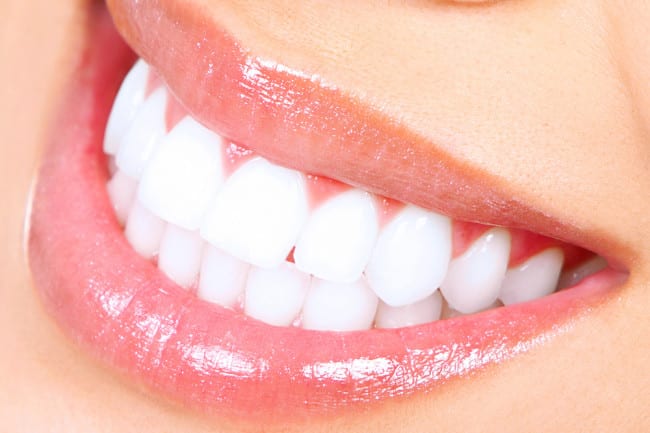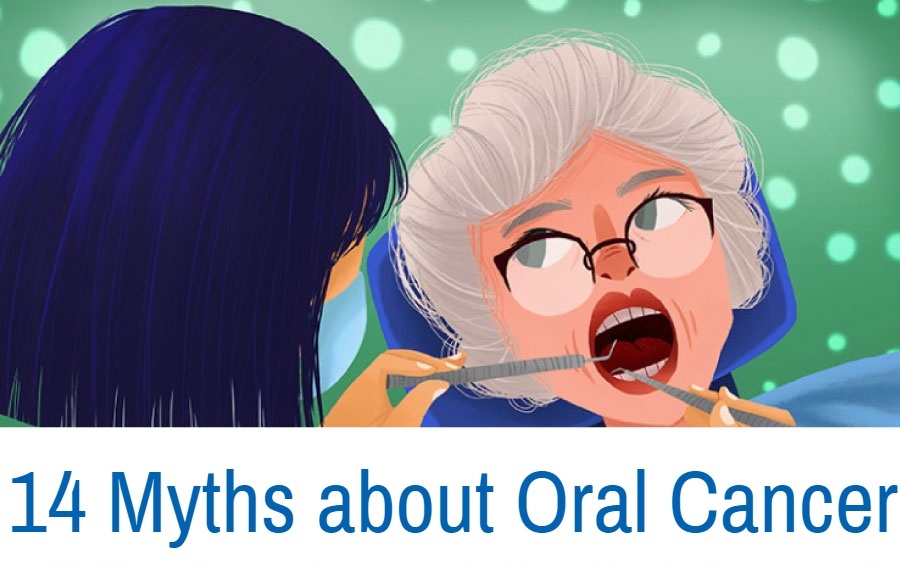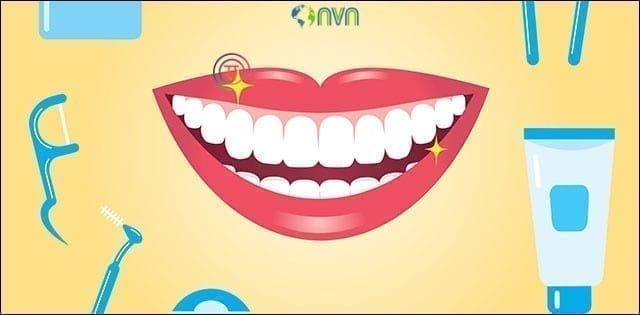Healthy Living
Bad Breath Leaving You Embarrassed In Front Of Your Group?

Getting up in the morning only to take in the smell of bad breath isn’t the best way to start a day, right? Not just in the morning, bad breath at any time of the day is unpleasant and quite embarrassing.
Bad breath is also called halitosis in medical terms. It can either be temporary or a chronic condition. Bad breath can arrive from the mouth, teeth or even due to an underlying health issue.
Bad breath is a highly common condition that almost everyone experiences at some point of time in their life. This is probably the reason that supermarkets or even small shops on roadsides always have mouth gums, mints, mouthwashes, and other products handy.
However, these products only temporarily suppress the bad breath and not take care of the cause of the problem.
Mostly bad breath begins in the mouth and there are many causes for the same. Some of these causes are:
- Poor dental hygiene: Food particles tend to remain in the mouth, causing bad breath, if brushing and flossing are not practiced as an everyday habit. A colorless, sticky film of bacteria (plaque) is also likely to form on the teeth. If not brushed away, plaque causes irritation in the gums and eventually forms plaque-filled pockets between your teeth and gums (periodontitis). Bacteria that produce odors can be trapped in the tongue as well. Dentures that are not regularly cleaned or don’t fit properly can also accommodate food particles and hence the odor-causing bacteria.
- Food: The food that we eat breaks down into many food particles in and around our teeth and can increase bacteria, resulting in a foul odor. Certain food items like onions, garlic, and spices, can also cause bad breath. These foods enter our bloodstream after digestion and are carried to our lungs, hence affecting the breath.
- Dry mouth: Saliva maintains the cleanliness of our mouth by removing particles that cause bad odors. However, a condition called dry mouth or xerostomia can lead to bad breath as the production of saliva is reduced. Dry mouth naturally happens during sleep which is why ‘morning breath’ occurs. It worsens if you sleep with your mouth open. Chronic dry mouth can happen due to a problem with your salivary glands and some diseases.
- Smoking: As is well known, smoking cigarettes or cigar leads to a bad odor and leaves the mouth dry, further worsening the breath. Smoking causes its own unpleasant mouth odor and regular smoking increases the chance of a bad odor. Oral tobacco users and frequent smokers are also more likely to have gum disease, which is another source of bad breath.
- Medication: Some medicines also are linked to indirectly producing bad breath because they cause dry mouth.
- Mouth infections: Surgical wounds after oral surgery, such as tooth removal, or as a result of tooth decay, gum disease or mouth sores can also result in bad breath.
- Nose, mouth and throat conditions: A sinus infection, postnasal drainage, chronic bronchitis, an infection in the upper or lower respiratory system, chronic inflammation in the nose or tonsil stones also causes bad breath.
- Other causes: Certain diseases like cancers, and conditions such as metabolic disorders, can cause a breath odor due to the chemicals they produce. Acidic reflux in the stomach (gastroesophageal reflux disease, or GERD) can also be a reason for bad breath. In young children, a foreign body like a piece of food, lodged in a nostril can also result in bad breath.
Bad breath can usually be taken care of with better oral hygiene and some lifestyle changes but if it still persists then you must visit your dentist to know of any underlying causes. Some tips to prevent bad breath are:
- Brush your teeth after you eat. Try using a fluoride-containing toothpaste with antibacterial properties at least twice a day, especially after meals.
- Drink lots of water
- Make sure you floss at least once a day, as proper flossing removes food particles and plaque from between the teeth.
- Also, brush your tongue as the tongue shelters bacteria.
- Regularly clean dentures or dental appliances.
- Try to keep your mouth moist, avoid dry mouth condition, avoid tobacco and drink lots of water.
- Be thoughtful of what you eat. Foods containing onions and garlic as well as too many sugary food items can lead to bad breath.
- Keep changing your toothbrush about every three to four months, and choose a soft-bristled toothbrush.
- Visit your dentist on a regular basis and get your dental examination done.
Ensure that you follow these simple tips and make them a part of your everyday routine to avoid going out with the unpleasant breath. When we step out to interact we people a hint of bad breath can spoil your entire impression.
Contributed by Dr.Santosh, Consultant ENT, Head and Neck Surgery, Columbia Asia Hospital Hebbal































